SOLD OUT: Join the waitlist!
Around 19 BCE, perhaps as many as one in five inhabitants of the Roman empire was Jewish. Yet the Aeneid, the official poem of the state that controlled many aspects of their lives, ostensibly had little to do with Jewish culture. Its poet, Virgil, had used the Odyssey and Iliad as primary literary models, and he told in that poem the story of Rome’s origin. But Virgil was also an intellectual omnivore, and included in his work thought and verse from a great number of sources. Were any of these Jewish? Parallels between his poems and the Hebrew Bible led early Christians to call him a prophet, and these similarities have ignited a contentious debate in modern scholarship. In this class, we will look at clues left in the poet’s work to understand just how interconnected the ancient Mediterranean literary world really was and how willing modern critics have been to see these ties.
Louie Zweig is a PhD candidate in Classics at Harvard, where his research focuses on the relationship between the Hebrew Bible and Latin verse from the fourth through tenth centuries. His research interests also include manuscripts, textual criticism, and lexicography. He has taught classes at Harvard on Greek and Latin literature, literary canons, and mythology, and he worked for three years as a teacher of Classics at a boarding school in the UK.

